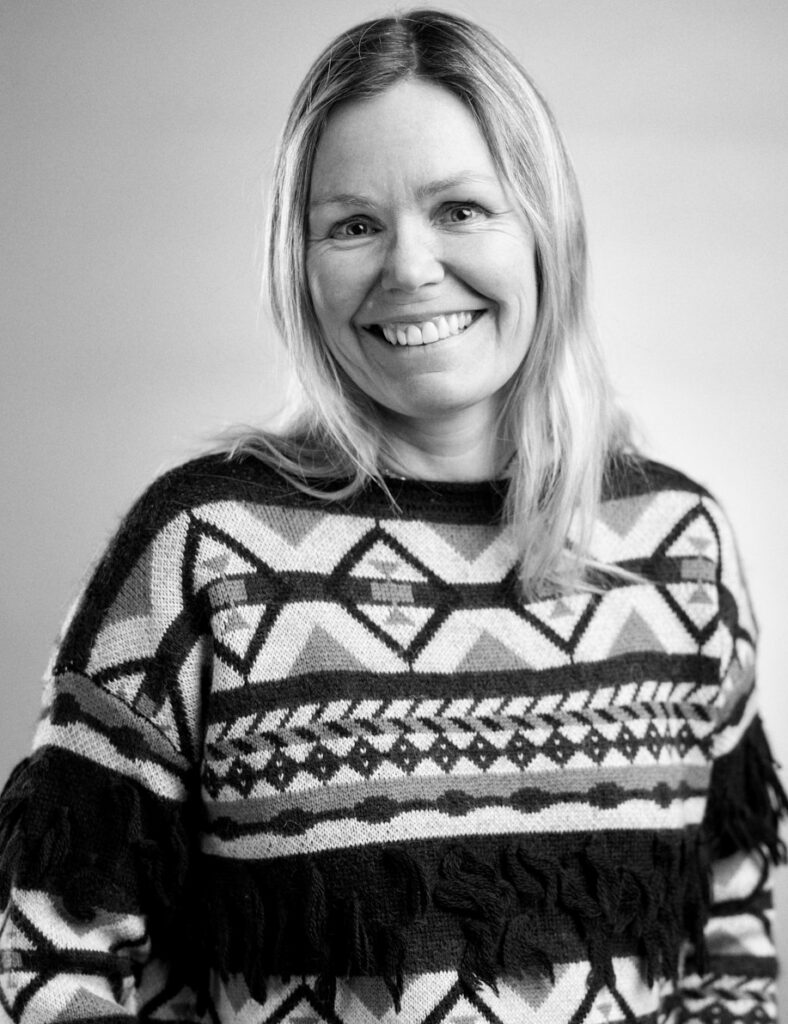The Foundation has just celebrated 10 years of commitment to humanitarian and social research. Why was it so important for you to mark 2023, and what do you have to draw on from this eventful year?

Virginie Troit: Ten years is a milestone, a time to look back at how far we’ve come. The publication of Essentiel des 10 ans gave us the opportunity to do just that. The book highlights the diversity of the themes addressed, but also the consistency of our approach. Over the course of this decade, our objectives have become clearer: to provide a concrete link between research and society, to support action on the ground and to contribute to the emergence of sustainable solutions, some of which are very simple and inexpensive. To achieve this, we need to mobilise a broad ecosystem of researchers, operational staff, donors, decision-makers and opinion leaders.
The most significant event this year was undoubtedly the 10-year edition of the Foundation’s International Conference, held on 26 October at Science Po Paris.The day was attended by 34 speakers, representing a dozen disciplines in the humanities and social sciences, humanitarian leaders and students. It was attended by over 600 people from 19 countries, both on-site and remotely. As in previous years, it was a magnificent event that enabled researchers and practitioners from several continents to meet and exchange ideas.
Why is this dialogue between the academic and operational sectors essential, and what is the Foundation’s particular role in it?
VT: From the outset of the Foundation, we have sought to act as a bridge between the academic and operational spheres. Research must feed practice. Practices must feed research. For research to be useful, it must be rooted in reality and its ideas must be disseminated. We’ve never stopped coming up with new ways of encouraging operational staff to take ownership of research work, which is often the missing but essential link in making organisations learn from the bottom up. The latest initiative we have developed with researchers in the social sciences and humanities is the APRIS pilot method (Ateliers post-recherche Innovation sociale – Social Innovation Post-Research Workshops), key moments when researchers present their work to operational staff so that they can develop concrete solutions rooted in reality. For several years now, our Pratiques & humanités publications have been providing a summary and operational version of our researchers’ work. Bénévo’Lab, by giving the initiative for research topics to Red Cross volunteers throughout the territories, reinforces the principle of co-construction of solutions. Not to mention the webinars and podcasts which are increasingly followed by those involved in social and humanitarian action, starting with those of the Red Cross Movement.
Opening this special year, President Da Costa said that “celebrating ten years is also an opportunity to continue and build on this remarkable momentum”. How do you see the Foundation’s mission evolving over the next few years, and what are the challenges it will have to face?
VT : Civil society organisations cannot do without long-term cooperation with researchers, given the growing complexity and volume of the challenges they face. First and foremost, therefore, we must continue to work towards bringing these academic and operational worlds closer together. Secondly, the issue of “localising aid” has become an integral part of our agenda. The aim is to promote aid that is “as local as possible, and as international as necessary”. The same applies to research, and we need to do more to involve and include researchers from all continents, particularly from the countries most affected by the crises. Finally, we must relentlessly strive to convince private and public funders that the effectiveness and impact of humanitarian and social operations also depend on the vitality of research and innovation. Devoting more funding to projects that are co-constructed by researchers, civil society organisations and decision-makers can only contribute to better resource allocation and a more ethical approach to the beneficiaries of aid.
Photo Credit: Bad Taste Bros.





